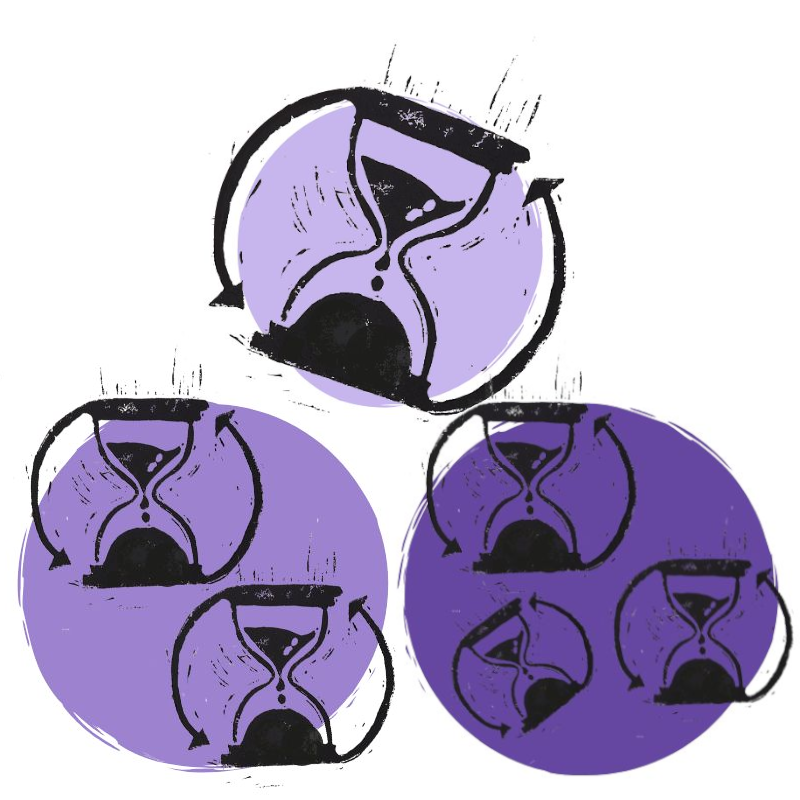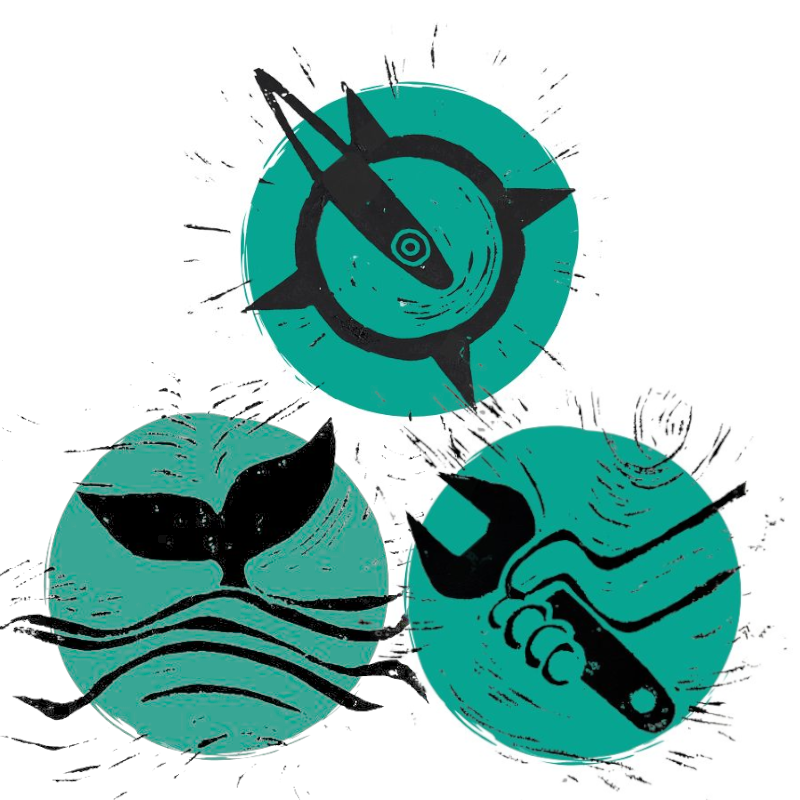Guide with didactical and pedagogical methods
On this page you can find descriptions of learning activities which incorporate experiential knowledge. The activities can focus on students’ or teachers’ own experiences, the experiences of clients or experts by experience, or a combination.
Also, the activities have a great variety in complexity, duration, group size, theme etc. For example, it can be a short activity which can easily be incorporated in a lesson, or an entire minor of masters program. In the video on the right, you can find some examples of incorporating these activities in curricula.
How to use the guide?
Below, you find 3 main characteristics by which we have organized the learning activities:
– Group size (individual, small groups, large groups)
– Length of the activity (single activity, course/ training, minor/ master)
– Focus (basic orientation, in depth understanding, application)
Click on the characteristic that is most important to you, and you will find a collection of examples of activities. Some of them are ready-to-use, others might need some more explanation but can serve as an inspiration. Feel free to make your own adaptations and incorporate the activities in your own curriculum!
You can also submit your own examples, using this format!
Click this link to download the file.
If you have any question or remarks regarding this guide, please contact:
Rosalie Metze – Associate professor Mental Health & Society at Windesheim University of Applied Sciences
r.n.metze@windesheim.nl
or
Sascha van Gijzel – teacher/ researcher at Utrecht University of Applied Sciences
Sascha.vangijzel@hu.nl
Activities divided in 3 categories



Group size
On this page we have organized the activities according to group size. At this moment, we have no descriptions of activities for individual students yet. We do have activities for small groups (2-20 students) and for large groups (more than 20 students).
Length of the activity
On this page we have organized the activities according to their length. To begin with, we have single activities, which are short in time and can be incorporated in an existing lesson or which take no more than one lesson in total. Next, we describe courses or training programs which consist of several meetings. Finally, we will add the descriptions of entire minor of masters programs, which will be added at a later moment in time.
Focus of the activity
On this page we have organized the activities according to their focus. We have activities focusing on a basic level of understanding what experiential knowledge entails. Then, we describe activities focusing on in depth understanding the meaning and value of experiential knowledge, also incorporating some aspect of experiencing what it means to value experiential knowledge as a source of knowledge. Finally, we include activities which focus on the application of experiential knowledge in the activity itself and/or in practice.
Illustrations by Suzan Huijbers.
